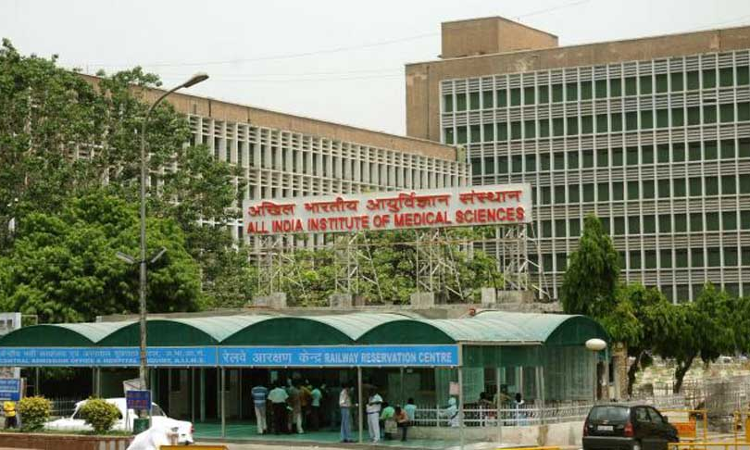Scope Of Art. 15(3) Much Wider Than Article 16(4): CAT Upholds 80% Reservation For Women Nurses In AIIMS
Akshita Saxena
21 Nov 2020 2:44 PM IST

Next Story
21 Nov 2020 2:44 PM IST
The Principal Bench of the Central Administrative Tribunal at Delhi has upheld 80% reservation for women in nursing officer posts. A Bench of Pradeep Kumar, Member (A) and RN Singh, Member (J) on Thursday dismissed two pleas against 'gender-based reservation' and said, "The reservation of 80% posts of Nursing Officer for female, as notified, is considered to be a special provision...
